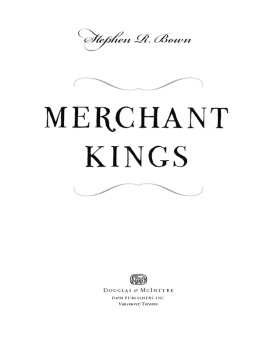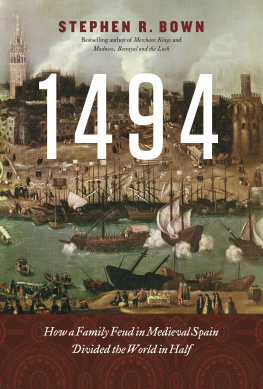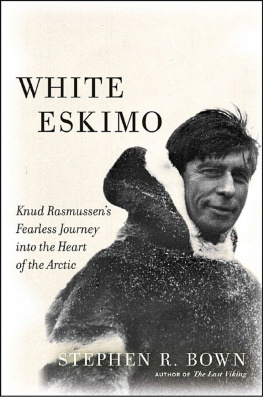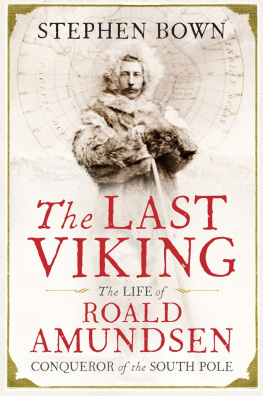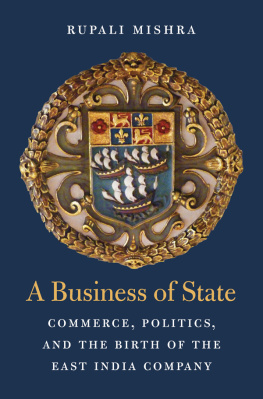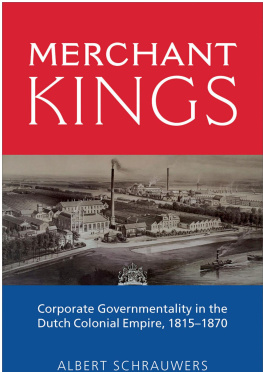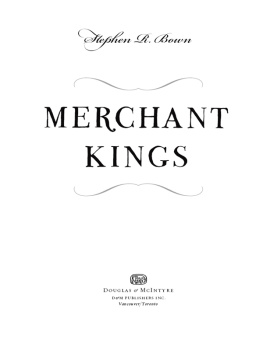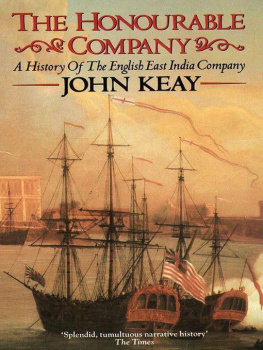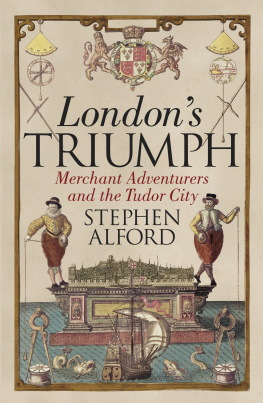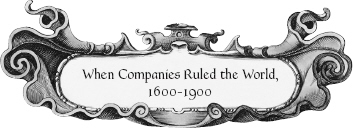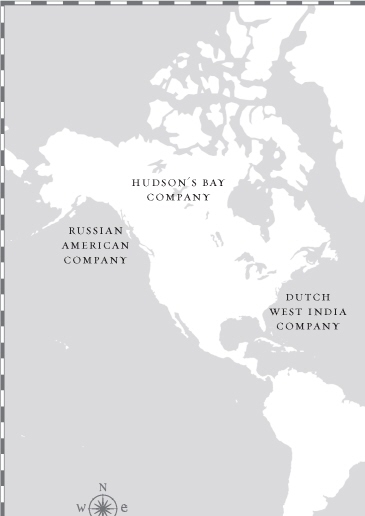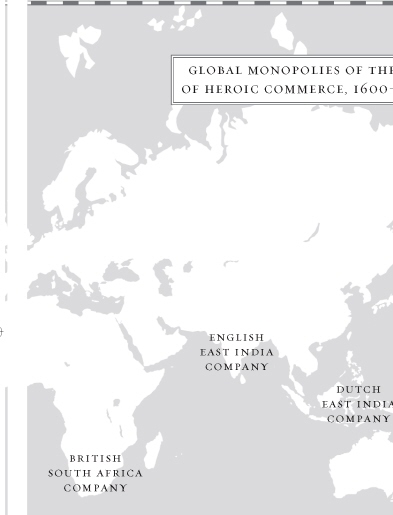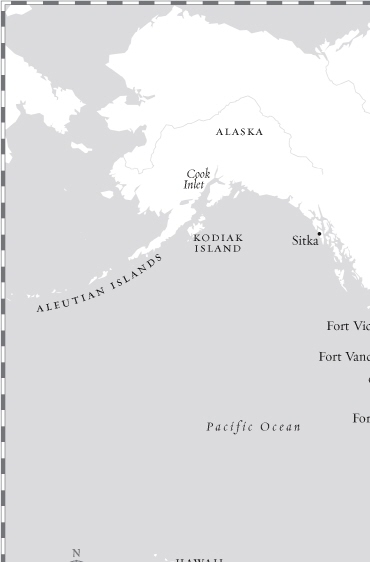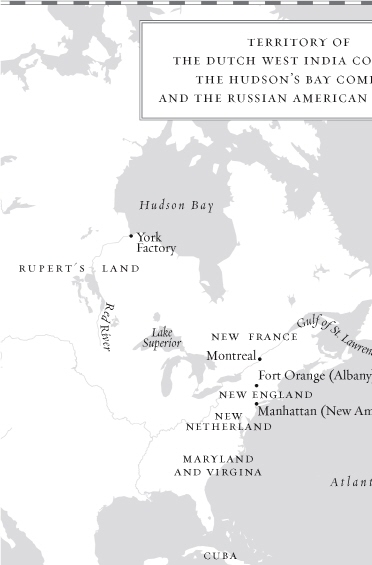Stephen R. Bown - Merchant Kings: When Companies Ruled the World, 1600--1900
Here you can read online Stephen R. Bown - Merchant Kings: When Companies Ruled the World, 1600--1900 full text of the book (entire story) in english for free. Download pdf and epub, get meaning, cover and reviews about this ebook. year: 2010, publisher: Thomas Dunne Books, genre: Politics. Description of the work, (preface) as well as reviews are available. Best literature library LitArk.com created for fans of good reading and offers a wide selection of genres:
Romance novel
Science fiction
Adventure
Detective
Science
History
Home and family
Prose
Art
Politics
Computer
Non-fiction
Religion
Business
Children
Humor
Choose a favorite category and find really read worthwhile books. Enjoy immersion in the world of imagination, feel the emotions of the characters or learn something new for yourself, make an fascinating discovery.
- Book:Merchant Kings: When Companies Ruled the World, 1600--1900
- Author:
- Publisher:Thomas Dunne Books
- Genre:
- Year:2010
- Rating:5 / 5
- Favourites:Add to favourites
- Your mark:
Merchant Kings: When Companies Ruled the World, 1600--1900: summary, description and annotation
We offer to read an annotation, description, summary or preface (depends on what the author of the book "Merchant Kings: When Companies Ruled the World, 1600--1900" wrote himself). If you haven't found the necessary information about the book — write in the comments, we will try to find it.
Commerce meets conquest in this swashbuckling story of the six merchant-adventurers who built the modern world
It was an era when monopoly trading companies were the unofficial agents of European expansion, controlling vast numbers of people and huge tracts of land, and taking on governmental and military functions. They managed their territories as business interests, treating their subjects as employees, customers, or competitors. The leaders of these trading enterprises exercised virtually unaccountable, dictatorial political power over millions of people.
The merchant kings of the Age of Heroic Commerce were a rogues gallery of larger-than-life men who, for a couple hundred years, expanded their far-flung commercial enterprises over a sizable portion of the world. They include Jan Pieterszoon Coen, the violent and autocratic pioneer of the Dutch East India Company; Peter Stuyvesant, the one-legged governor of the Dutch West India Company, whose narrow-minded approach lost Manhattan to the British; Robert Clive, who rose from company clerk to become head of the British East India Company and one of the wealthiest men in Britain; Alexandr Baranov of the Russian American Company; Cecil Rhodes, founder of De Beers and Rhodesia; and George Simpson, the Little Emperor of the Hudsons Bay Company, who was chauffeured about his vast fur domain in a giant canoe, exhorting his voyageurs to paddle harder so he could set speed records.
Merchant Kings looks at the rise and fall of company rule in the centuries before colonialism, when nations belatedly assumed responsibility for their commercial enterprises. A blend of biography, corporate history, and colonial history, this book offers a panoramic, new perspective on the enormous cultural, political, and social legacies, good and bad, of this first period of unfettered globalization.Stephen R. Bown: author's other books
Who wrote Merchant Kings: When Companies Ruled the World, 1600--1900? Find out the surname, the name of the author of the book and a list of all author's works by series.

